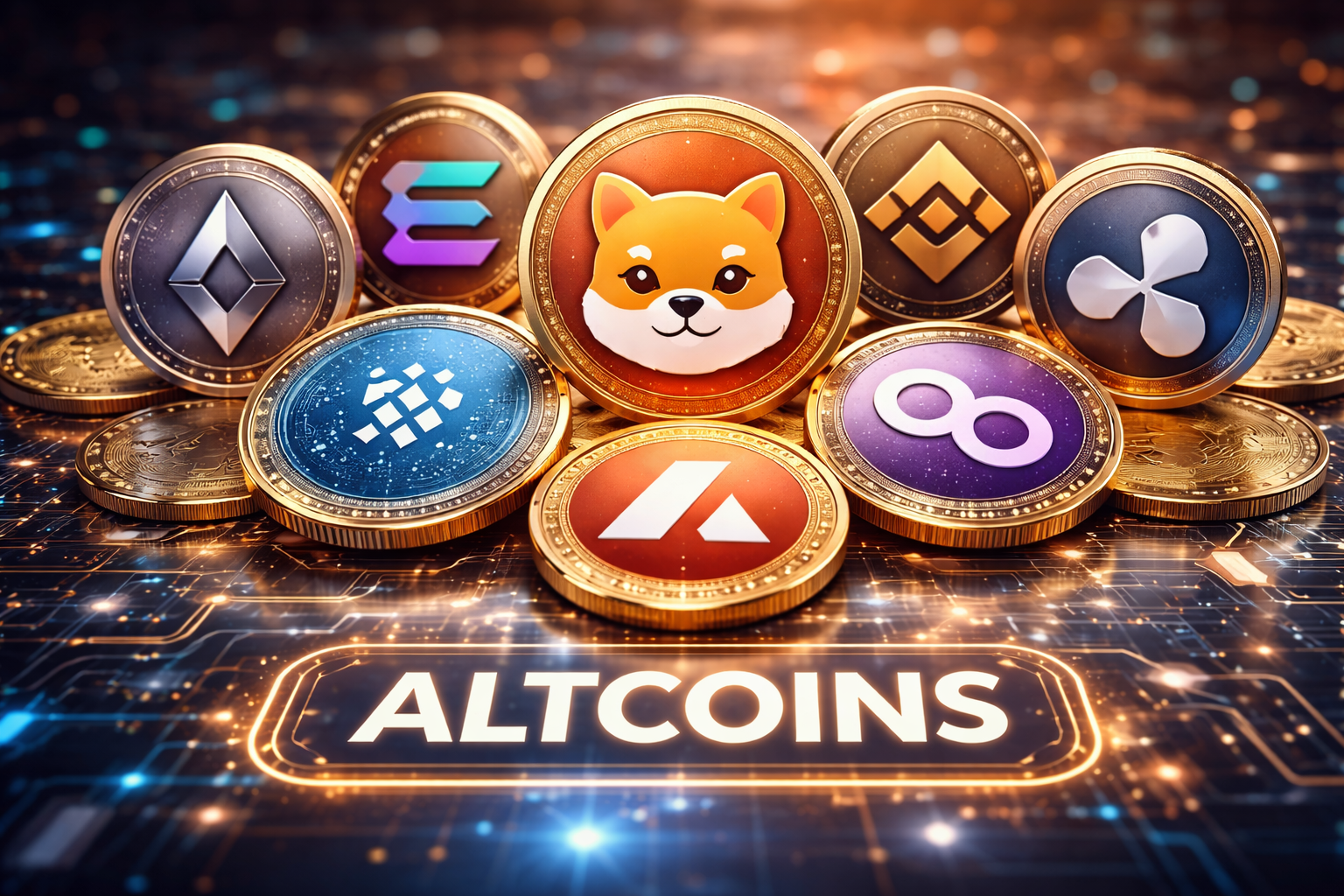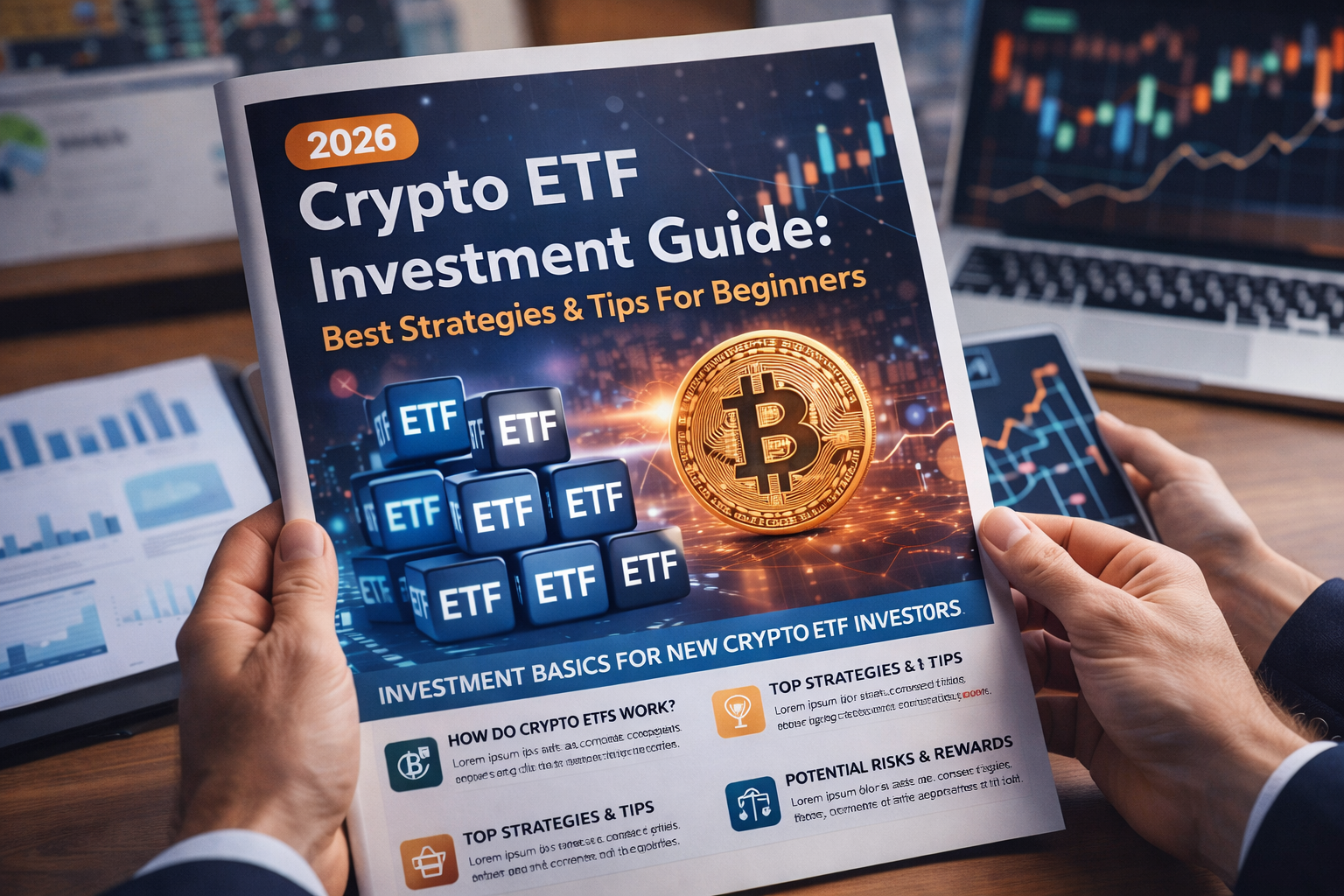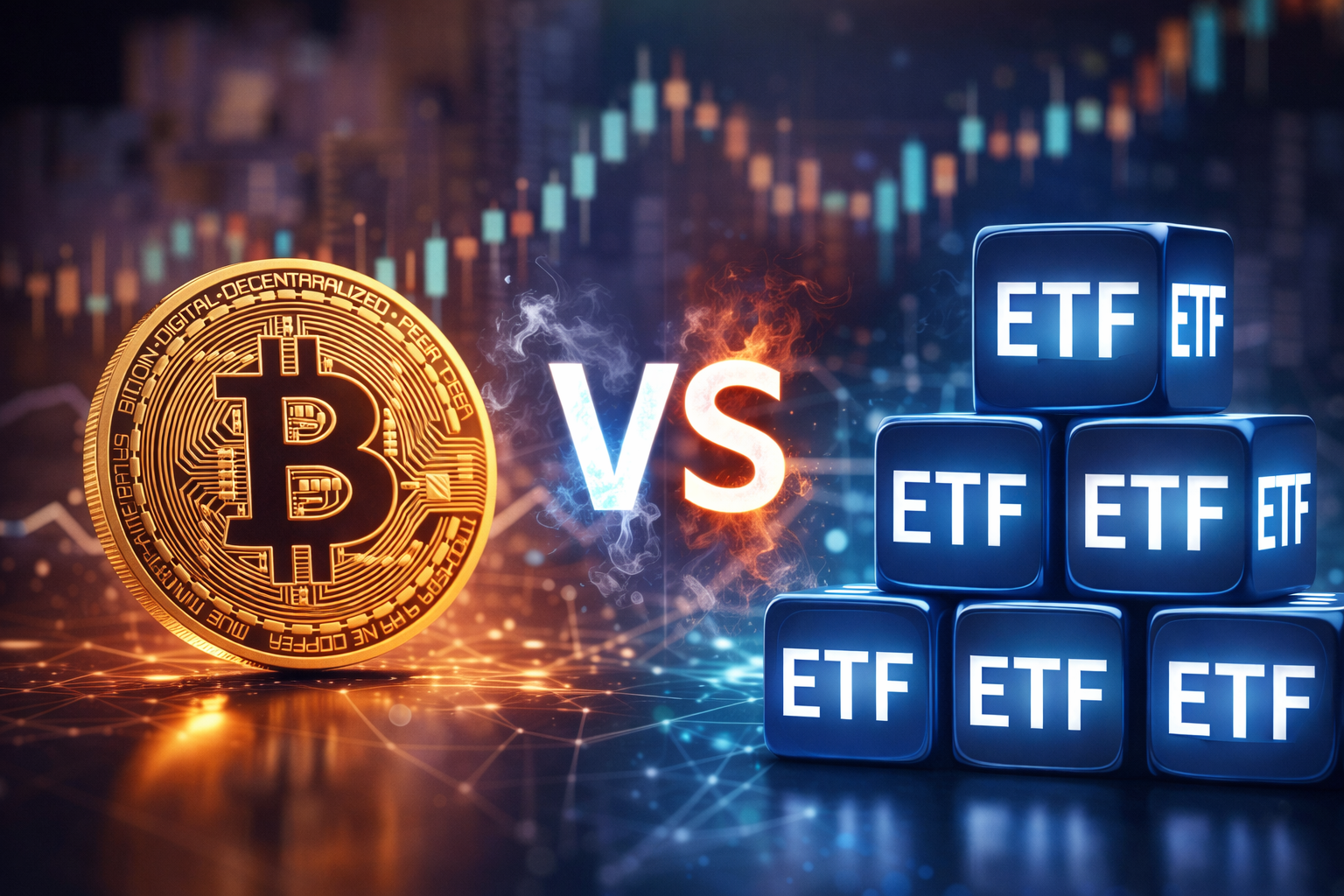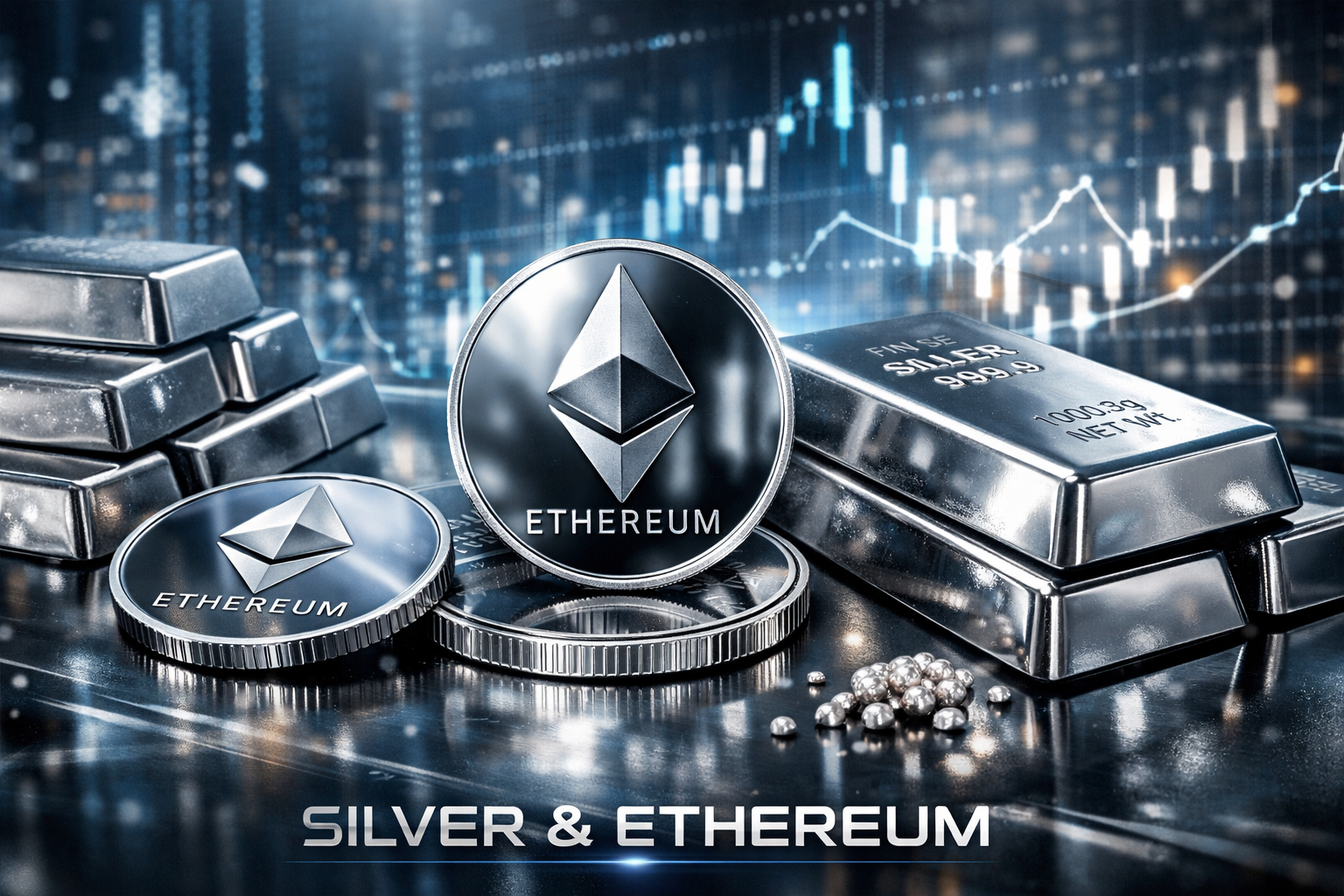
Coinposters
Retail buyers make up 80% of NFTs transactions

According to Chainalysis, over 80% of NFTs (nonfungible tokens) were worth under US$ 10,000 in 2021. This means that these NFTs were classed as “retail”. Chainalysis’s report titled “The 2021 NFT Market Explained” that Chainalysis published on the 6th December 2021 delved deeper into trends of this year. This report shared insights gleaned from analyzing data from January to October 2021.
Insights from the report
Retail Transactions and Large Collectors
The report said that collector-sized transactions increased by 6% in March to 19% by 31st October 2021. This demonstrated a growth in the number of larger collectors throughout the year. At the same time, retail transactions amounted to over 80% of the total of nonfungible token transactions on any day in 2021. The researchers considered retail-sized transactions to be those that are US$ 10,000 and under. Collector-sized transactions are those that are worth between US$ 10,000 and US$ 100,000, according to studies.
Institutional-Sized Transactions
Transactions that appeared institutional amounted to under 1% of all transfers. Regardless of this, they still contributed to 26% of trading volume during the stated time period. Research states that institutional-sized transactions are transactions of over US$ 100,000.
Retail transactions made up the bulk of total transfers. However, collectors and institutions comprised the majority of NFT dollar-denominated transaction volumes since early this year. Alternatively, transactions that were collector-sized contributed to about 63% of the volume. Retail transfers contributed to about 11% of the volume for the same period assessed.
Contrast Between NFT Market with Wider Crypto market
Researches also looked at the differences between the market for nonfungible tokens and that of the overall cryptocurrency market. According to their findings, it shows that the NFT market is notably more retail-driven than the wider crypto market. In the wider crypto market, retail transactions make up a small fraction of transaction volumes.
The earning Potential of NFTs
Through 2021, Cointelegraph researchers believe the potential to generate revenues associated with nonfungible tokens contributed to increased cryptocurrency adoption. The US$ 17.7 Billion in NFT sales expected in 2021 adds credence to this explanation. The US $ 17.7 Billion was record-breaking.
In the past few days, NFT sales contributed to US$ 300 million transfers. This is nearly 25% of what was made from The Sandbox metaverse land purchases. Chainalysis said there have also been no less than US$ 26.9 Billion in crypto transferred to ERC-721 and ERC-1155 contracts during this year.
The Merit of Whitelisting Newly-Minted NFTs
Even though the market is generating enormous amounts of money on nonfungible tokens, the research states that only 28.5% of NFTs bought during minting and then sold on the platform lead to profits. Whitelisting could be the solution to this problem, suggested Chainalysis. Chainalysis believes that whitelisting would increase the probability of newly minted NFTs generating profits. Those who were whitelisted on a minting event on OpenSea managed to generate profits up to 75.7% of the time. This is in comparison with 20.8% of the time regarding those who did not get whitelisted. These figures make a persuasive argument for the importance of whitelisting if one wants to make it possible for their NFTs to generate returns.
Merits of Secondary markets for Profitability of NFTs
The research showed that secondary markets are responsible for minted NFTs profiting. According to the data, this happens 65.1% of the time. Therefore, if your newly minted NFT does not get whitelisted, all is not lost. You can wait for an NFT collection to hit secondary markets. One does not have to necessarily make any efforts in a minting event. You can still ensure your NFTs turn a profit through these secondary markets.
Latest
Business
06 Feb 2026
Business
05 Feb 2026
Business
03 Feb 2026
Business
20 Jun 2024
Business
09 May 2024
Business
19 Apr 2024













